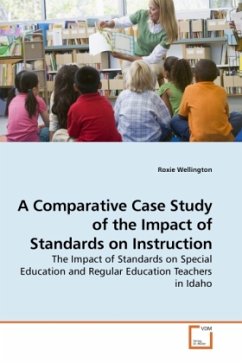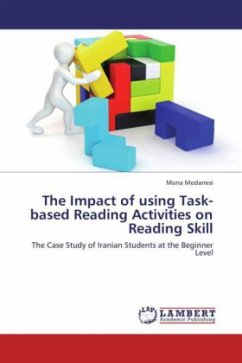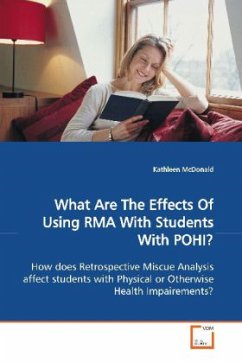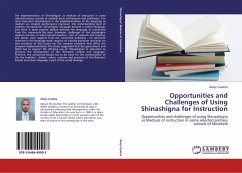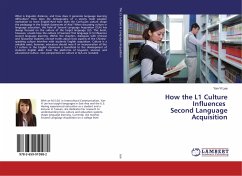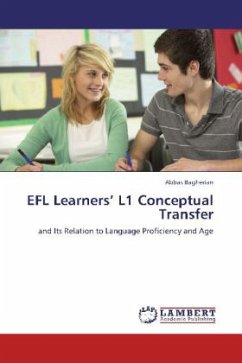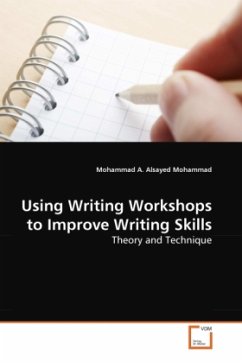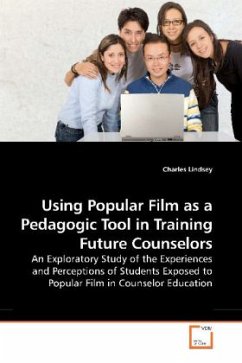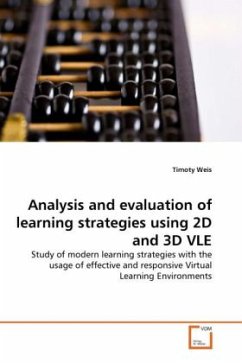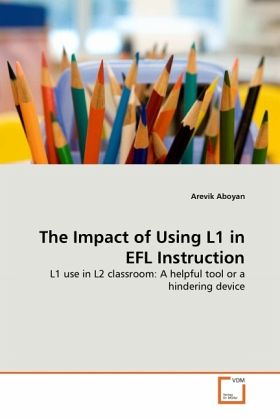
The Impact of Using L1 in EFL Instruction
L1 use in L2 classroom: A helpful tool or a hindering device
Versandkostenfrei!
Versandfertig in 6-10 Tagen
32,99 €
inkl. MwSt.

PAYBACK Punkte
16 °P sammeln!
The question whether or not the students' mother tongue (L1) should be used in the EFL classroom has been an important issue for a long time. However, there seems to be no consensus on the issue as yet. Supporters of the Monolingual Approach claim that L2 can be learnt only through L2, whereas the proponents of the Bilingual Approach believe that L1 has a facilitating role in many aspects of language instruction. To shed some light on the issue, this was designed to investigate the effect of using first language in the Armenian EFL class. The qualitative data for this project was collected by ...
The question whether or not the students' mother tongue (L1) should be used in the EFL classroom has been an important issue for a long time. However, there seems to be no consensus on the issue as yet. Supporters of the Monolingual Approach claim that L2 can be learnt only through L2, whereas the proponents of the Bilingual Approach believe that L1 has a facilitating role in many aspects of language instruction. To shed some light on the issue, this was designed to investigate the effect of using first language in the Armenian EFL class. The qualitative data for this project was collected by administering two questionnaires to 99 students and 12 teachers, intended to explore Armenian students' and teachers' attitudes towards the use of L1. The quantitative data was collected by conducting a pretest-posttest intact group design in two classes at AUA's Experimental English classes.



